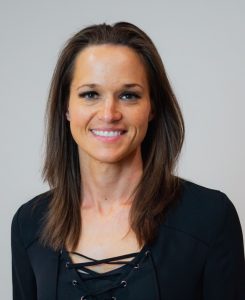NISE Fellow, FCAI Fellow, and Associate Director Author Paper on Recruiting and Retaining Autistic Talent in STEMM
 Check out the groundbreaking commentary “Recruiting and Retaining Autistic Talent in STEMM” by Neurodiversity Inspired Science and Engineering Fellow Amber Crabtree, with collaboration from FCAI fellow AJ Hinton and FCAI Associate Director Dave Caudel. Published in iScience, the article addresses the high unemployment rates and challenges autistic adults face in science, technology, engineering, math, and medicine, offering unique solutions for inclusion.
Check out the groundbreaking commentary “Recruiting and Retaining Autistic Talent in STEMM” by Neurodiversity Inspired Science and Engineering Fellow Amber Crabtree, with collaboration from FCAI fellow AJ Hinton and FCAI Associate Director Dave Caudel. Published in iScience, the article addresses the high unemployment rates and challenges autistic adults face in science, technology, engineering, math, and medicine, offering unique solutions for inclusion.
A Q&A with the authors, published in the Vanderbilt Medical School news, along with a link to the paper, can be found here.


Leave a Response